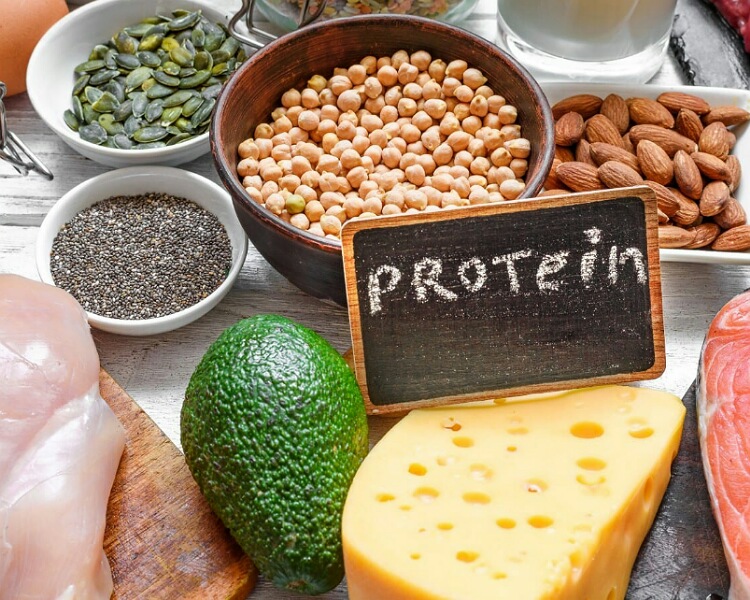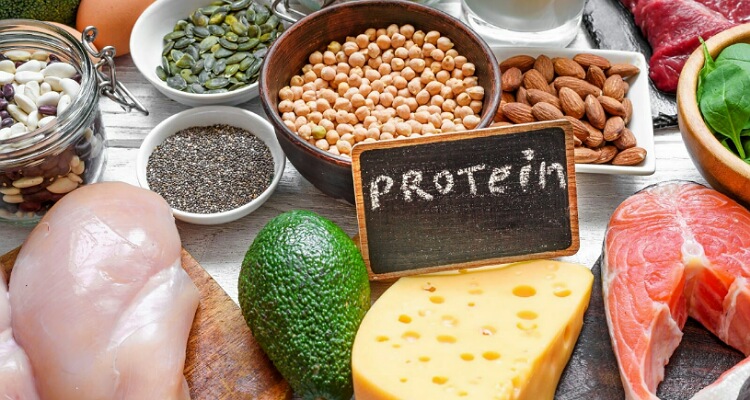Foods of people worldwide are often unhealthy. Even in the USA, a lot of junk foods go into the stomach. These are high in saturated fats and sugars.
Proteins are good but an overdose is not good. In the USA, people consume a lot of proteins: more than the daily recommended. This excess protein consumption has some serious consequences for self and aquatic life.
Protein intake and the USA
Consumption of protein by people in the USA is the highest in the world. This amount is also in many individuals more than what science and medicine recommends.
This protein comes from both plants as well as animal sources but the latter contribute the most to the daily intake. Though protein is essential for the body, an excess of it can harm not only the human body but also the surroundings.

The researchers at the University of California, Davis, have conducted s study and published it in the journal Frontiers in Ecology and the Environment.
It shows the excess protein consumption causes more excretion of nitrogen into the water bodies through human waste.
Excess protein consumption and nitrogen excretion
For the body, more protein implies intestinal discomfort, indigestion, dehydration, fatigue with no cause, nausea, irritability, headache, and sometimes loose motions. There may be kidney injuries with convulsions and even death.
The study states that if people consume no more protein than the recommended levels, it would help decrease the nitrogen excretion in the environment by 27% in 2055 despite the population growth.
The nitrogen release to the aquatic bodies would fall by 12% and losses of this gas to air and water by 4%. The lead author Maya Almaraz opines:
“It turns out that many of us don’t need as much protein as we eat, and that has repercussions for our health and aquatic ecosystems,”
“If we could reduce that to an amount appropriate to our health, we could better protect our environmental resources.”

Kidneys have to work excessively when there is excessive protein consumption in diet. It gets loaded with work. More water is required to excrete the byproducts of protein metabolism from the body.
The excess amino acids from the excess protein breaks down into nitrogen that is excreted via the urine into the aquatic systems. This causes oxygen starved dead zones, toxic algal growth and pollution of drinking water.
Coastal cities contribute the most
People migration to coastal cities is rising and those residing along the west coast of the USA and in Texas, Florida, Chicago, and northeastern United States contribute the most to this nitrogen release.
Of the total nitrogen influx from land into the sea in the USA, sewage contributes 15%.

Technology can remove 90% of this nitrogen before the water enters the sea. But this technique is expensive and used only for treatment of 1% of the polluted sewage. Therefore, the cheaper way is a balanced diet. Maya adds:
“It’s interesting to think about possible ways to cut into those nitrogen losses beyond expensive technology,”
“Dietary changes are a healthy and cheap way to do it.”
